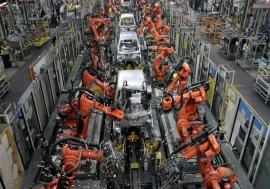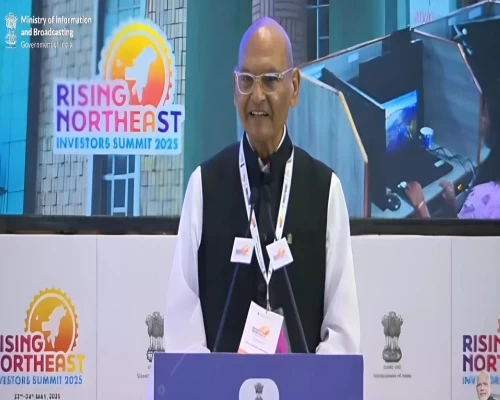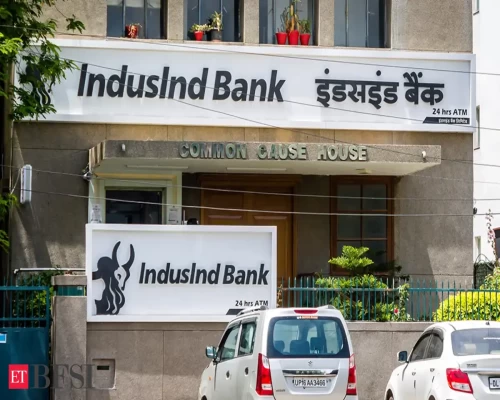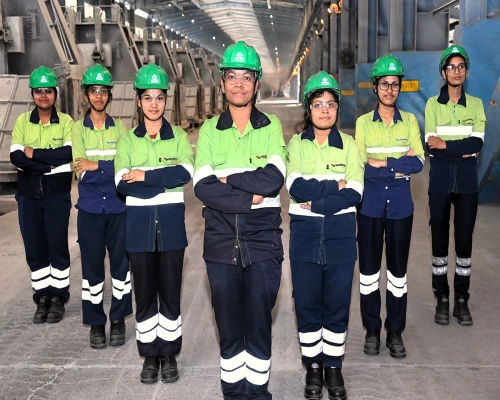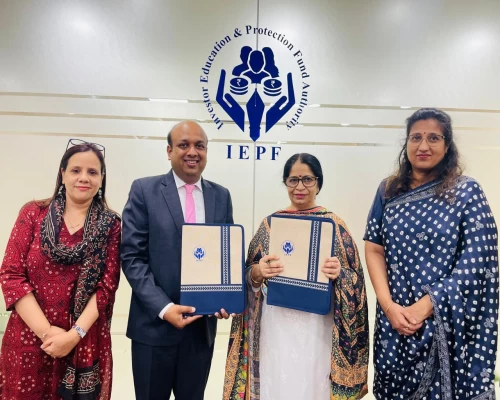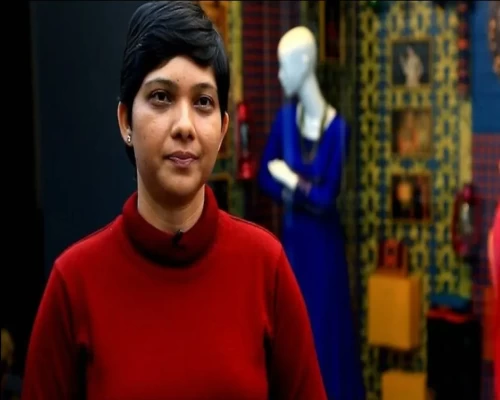
New Delhi: Prof Ajay Kumar Sood, Principal Scientific Adviser to Government of India, has emphasized on the need to include more R&D in newer technologies, especially quantum technologies. “Today, India is at the beginning of the quantum revolution. This area needs enormous R&D push, and it has tremendous business value including areas like quantum communication, quantum computing, etc,” he said, while addressing the national seminar on ‘FDI in R&D - Making India R&D Hub’ organized by FICCI, jointly with the Office of Principal Scientific Advisor, Government of India.
“All these areas of quantum frontiers have a lot of opportunities,” said Prof Sood while highlighting the investment opportunities in R&D. “We have a lot of opportunities not only in big cities but small cities and towns as well. Tier-2 and Tier-3 areas have a lot of talent apart from Tier-1 cities. There are a number of institutes with huge human capacity available and FDI in R&D should not be looked at only in the mega cities but go beyond Tier-1 cities by investors,” he added.
Prof Sood also asserted on the need for the youth to get involved in this process. “This is a young technology and there is a need for the young force to rise to the occasion and quantum technologies will impact our lives in coming future. R&D is the investment in our future and India is a very important global partner. All players have to work together to ensure R&D happens in these advanced areas. India needs to put enormous effort in this sector and FDI in R&D is absolutely necessary,” he added.
Prof Sood further stated that FDI in India is increasing but the absolute numbers are still not that high. “We need to ensure the absolute number also increases and this can be achieved through collaborative approach and partnership which is the key. Partnership between countries, academia, industry and start-ups, etc,” he said.
Ratan P Watal, Chairman, Central Vista Oversight Committee, while speaking at the valedictory session said: “There is a huge opportunity which awaits us especially in the changing geo-political environment in the world, we need to have a National Innovation Index for the states in India. We should also focus on having a robust science and technology policy,” he added.
Manmeet K Nanda, Joint Secretary, DPIIT, said that that India is one of the most attractive FDI destinations in the world and FDI in India has grown consistently. The government has a very investor friendly FDI policy under which 100 per cent FDI is permitted in almost many sectors and the government continues to liberalize its investment restrictions, eliminate regulatory barriers, nurture international relations and easing the business working environment.
Kaspar Meyer, Head of Science and Technology Section, Embassy of the Federal Republic of Germany in India, said that R&D means to place trust and confidence in the future and in India, we see a lot of confidence in a good future. “At a time when resources can become more and more scarce, the only way can be resourcefulness rather than having resources and resourcefulness can come from scientists, researchers and community,” he added.
Sanjiv Mehta, President, FICCI, said that the scale India can provide for new technology can make technology affordable to the entire world. “To become an economic powerhouse, India can no longer compete just on quality and service but must be a world leader in technology-led, commercially successful innovations. The share of R&D in total FDI needs to increase substantially,” he added. /BI/


